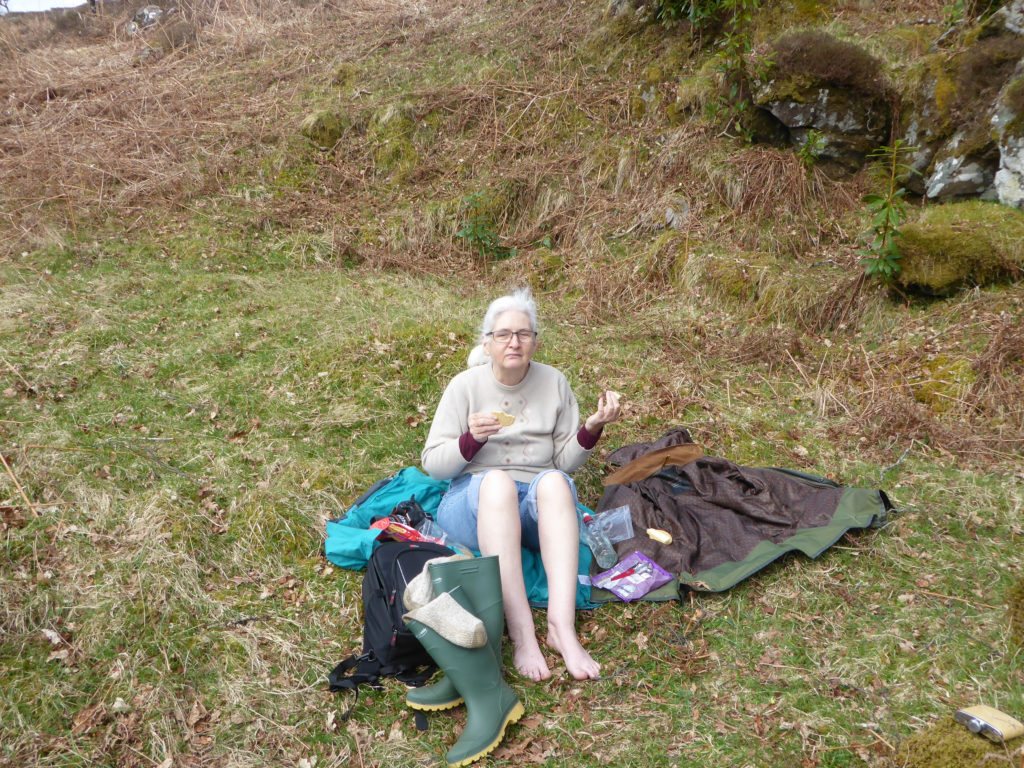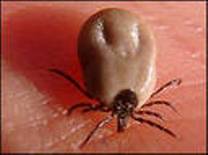This is a useful article by David Blyweiss, M.D. that will help many aspiring gray babyboomers cross the retirement divide.
These days there are a lot of different opinions on retirement.

I have a lot of patients who plan on working full or part-time well into their 70’s. I even know an 85-year old chiropractor who tells me he’s not shutting down his business until he’s 93.
Many others are ready to take life a little slower after they turn 60 or 65. They plan on spending a lot of time gardening, travelling or spending their days on the golf course.
Well plenty of my patients have flourished in their retirement years. I have the postcards, pictures and letters to prove it. I love hearing from each and every one of them.
But I have another group of patients who haven’t adapted as well. They have time on their hands. And they don’t always know what to do with it.
Despite big dreams and ideas of retirement, the minute they leave their job or cut back to a part-time position the only thing they feel is loss.
And it’s not just because they’ve “lost” their jobs.
Here’s a truth.
As humans, we tend to identify ourselves with who we’ve become in the business world. It doesn’t matter if you’re a doctor, mechanic, a CEO, or a data processor. When you spend 8, 10 or 12 hours a day being good at your job, it’s hard to disassociate.
And once that’s gone nothing else seems quite as important.
Suddenly dreams of spending hours in the garden aren’t as appealing. Chores are out of the question. And it becomes much easier to avoid the loss of who you have been than it is to get dressed and motivated for a golf match or lunch date.
When these retirees come into my office they look as though they’ve lost their best friend or favorite girl.
I often wonder what causes this disparity. Why do some people thrive on retirement while others seem destined to fade away?
New research from the Institute of Economic Affairs may shed a little light on the psychological impact of retirement. And it’s not all good news.
They discovered after the initial bliss of retirement wears off, being retired has a very negative effect on both physical and mental health. And the number of years spent in retirement, the greater the effects.
Once the reality of retirement sets in…
- The probability of suffering from clinical depression increases by about 40%.
- The likelihood of believing you are in good or excellent health decreases by 39%.
- Your chance of being diagnosed with a physical condition increases by 63%.
- And there is a 60% probability you will take a drug for that condition.
My clinical experience with patients who enter into retirement tells me these numbers are pretty much on target.
And while I’m not happy with these percentages, they do tell me there is about a 50/50 chance you can come out on top of the game.
These aren’t horrible odds. And if you approach your new life with an open mind and active lifestyle, there are plenty ways – and more than enough time – to re-define your definition of “who you are.”
Here’s what you can do…
For the past 20, 30 or 40 years you may have done the same thing, day in and day out. The jobs may have changed but the rules were the same…
Set the alarm clock. Get to work on time where you joke with your co-workers, deal with familiar issues and feel like you’ve accomplished something. Go home for dinner and get good night’s sleep so you’re ready for the next day.
It keeps you active and gives you purpose – a mission in life. And finding a new mission after living a full life can be intimidating. But it can be done:
Make new friends. Becoming isolated is a common problem for aging adults. Once you lose the ritual of going to work and seeing the same friendly faces every day, loss can set in. So it’s important to socialize and develop a new network of friends.
One way to widen your social circle is to meet people who have a similar mind thought. You can do this by becoming a volunteer. Check out helping out at your local Disabled American Veteran’s center, hospital, animal shelter, soup kitchen or church. Look into local business support groups. You can donate time to those who could best use the knowledge you have from your years of experience.
Stimulate your brain. Join classes to learn something you’ve always wanted to know more about. It could be as simple as joining a cooking class or as tough as learning a new language or playing a musical instrument. I have one patient who took up singing lessons and another who is taking acting classes. I even know a few patients who have become involved in training service dogs and find it very rewarding.
Keep your body moving. Research out of Harvard shows retirees are 40% more likely to have a heart attack and stroke during their first year of retirement. So keeping your body in motion is one of the number one things you can do for your health, no matter what your age.
Join a cycling group, take dance lessons or learn how to kick-box. Sign up for Tai Chi or Yoga. Take a hike in the woods. You can even join a softball, soccer or bowling league. The list is endless and all of these activities can be loads of fun. Your heart, body and brain will thank you for it!
Unleash your curiosity. Make time to occasionally explore the unknown. Take a journey outside of your comfort zone to the quirky town up the road… the seashore you always dreamed of visiting… even a walk in the woods or a park you’ve never visited.
The longer you remain active, interested and fulfilled, the better your chances of beating the retirement blues and enjoying your later years. Think outside of the box, revisit old dreams, make new friends and take part in activities that charge you up.
![images[8]](https://martinscyberspace.com/wp-content/uploads/2013/08/images8.jpg)
David Blyweiss, M.D.
Advanced Natural Medicine Bulletin
To your good health and retirement my friends.






![images[8]](https://martinscyberspace.com/wp-content/uploads/2013/08/images8.jpg)